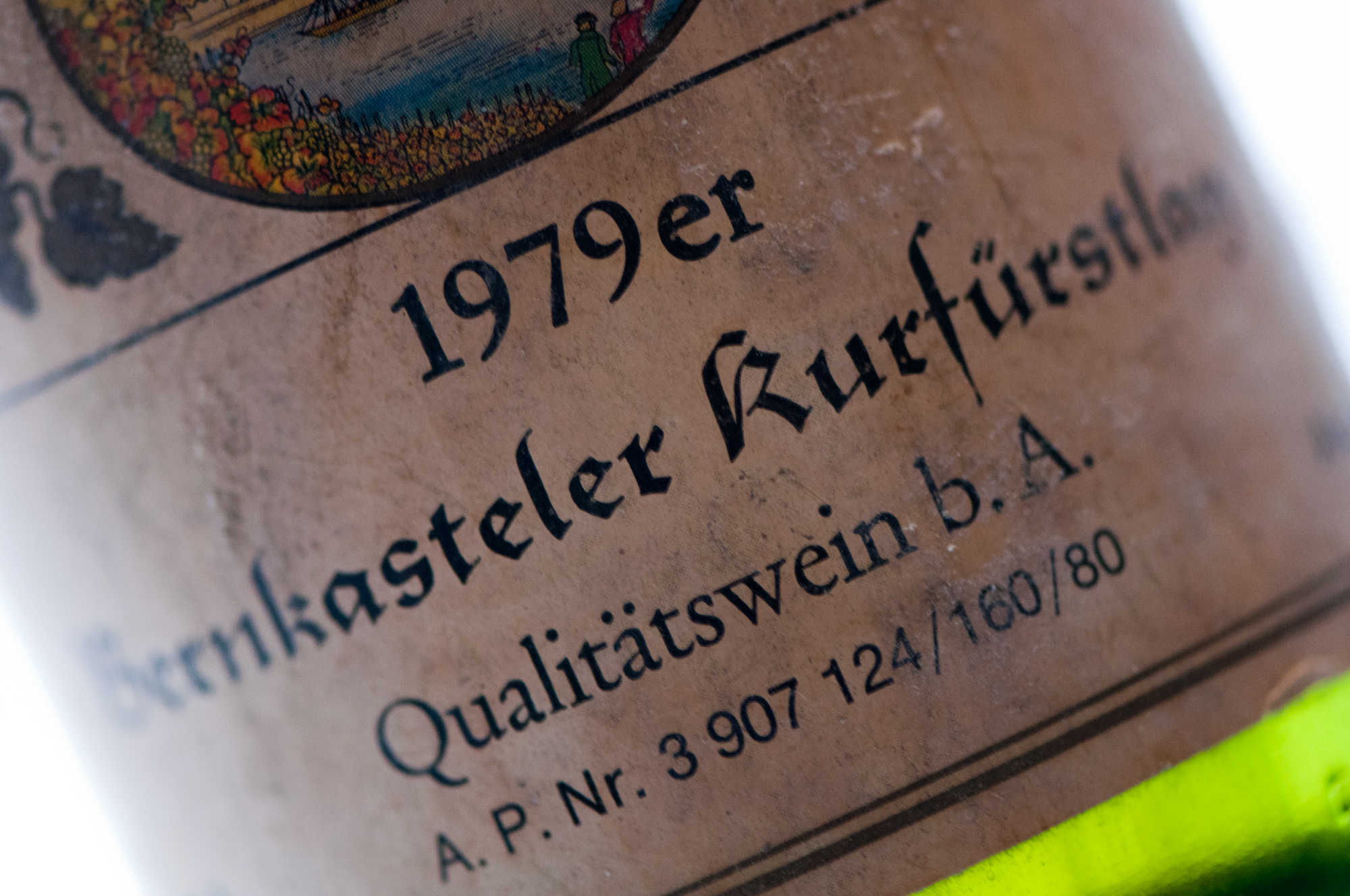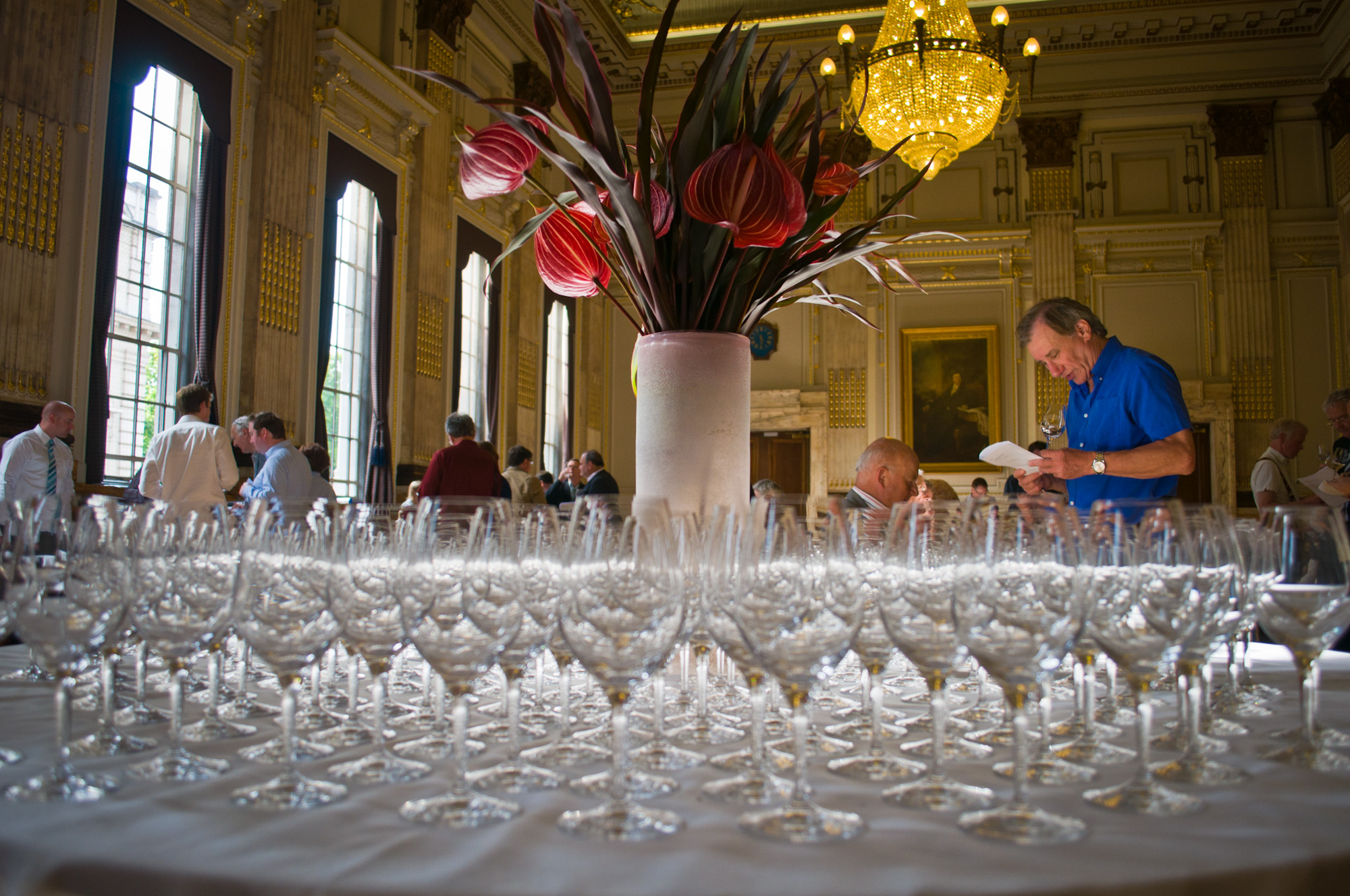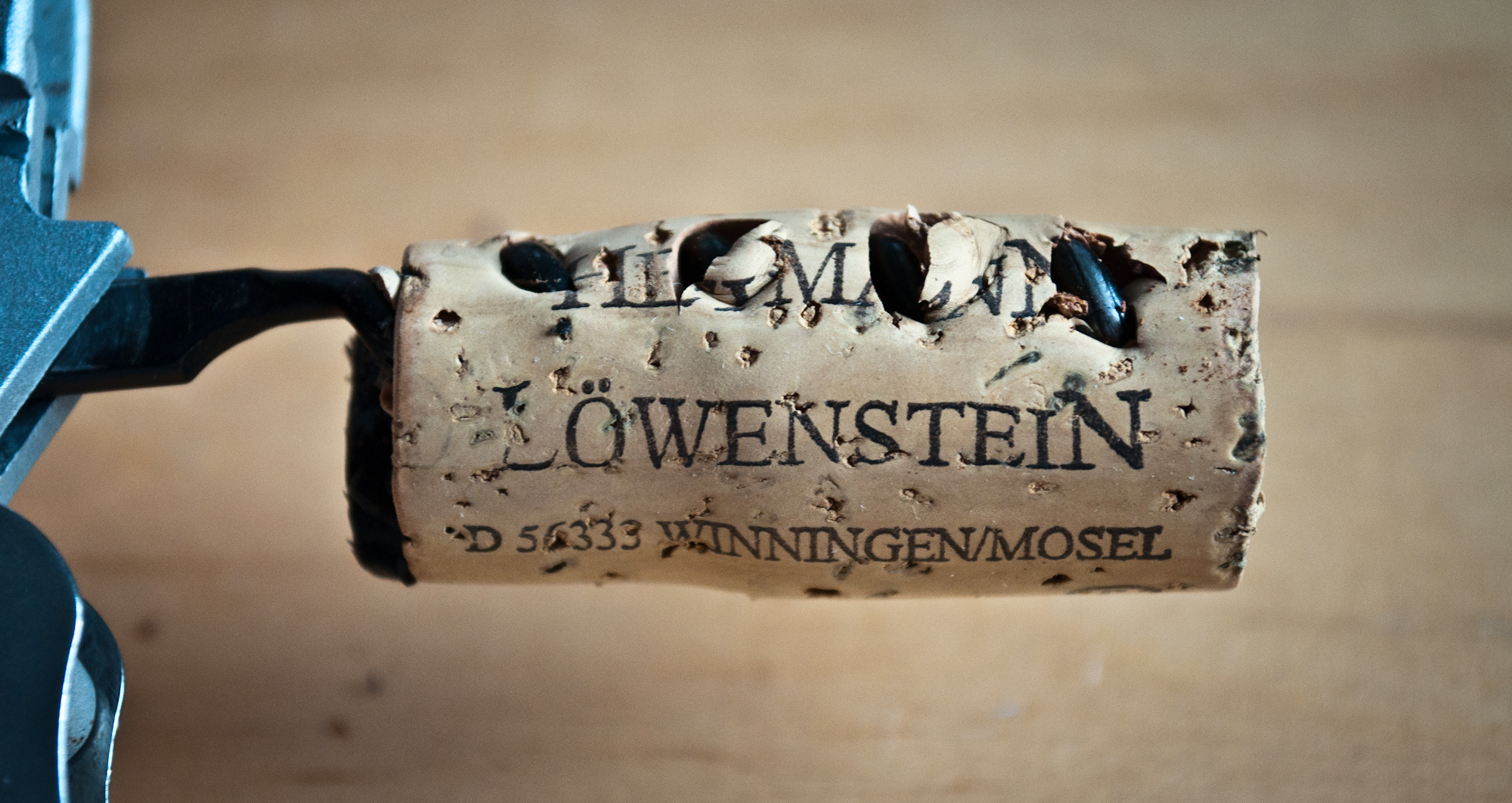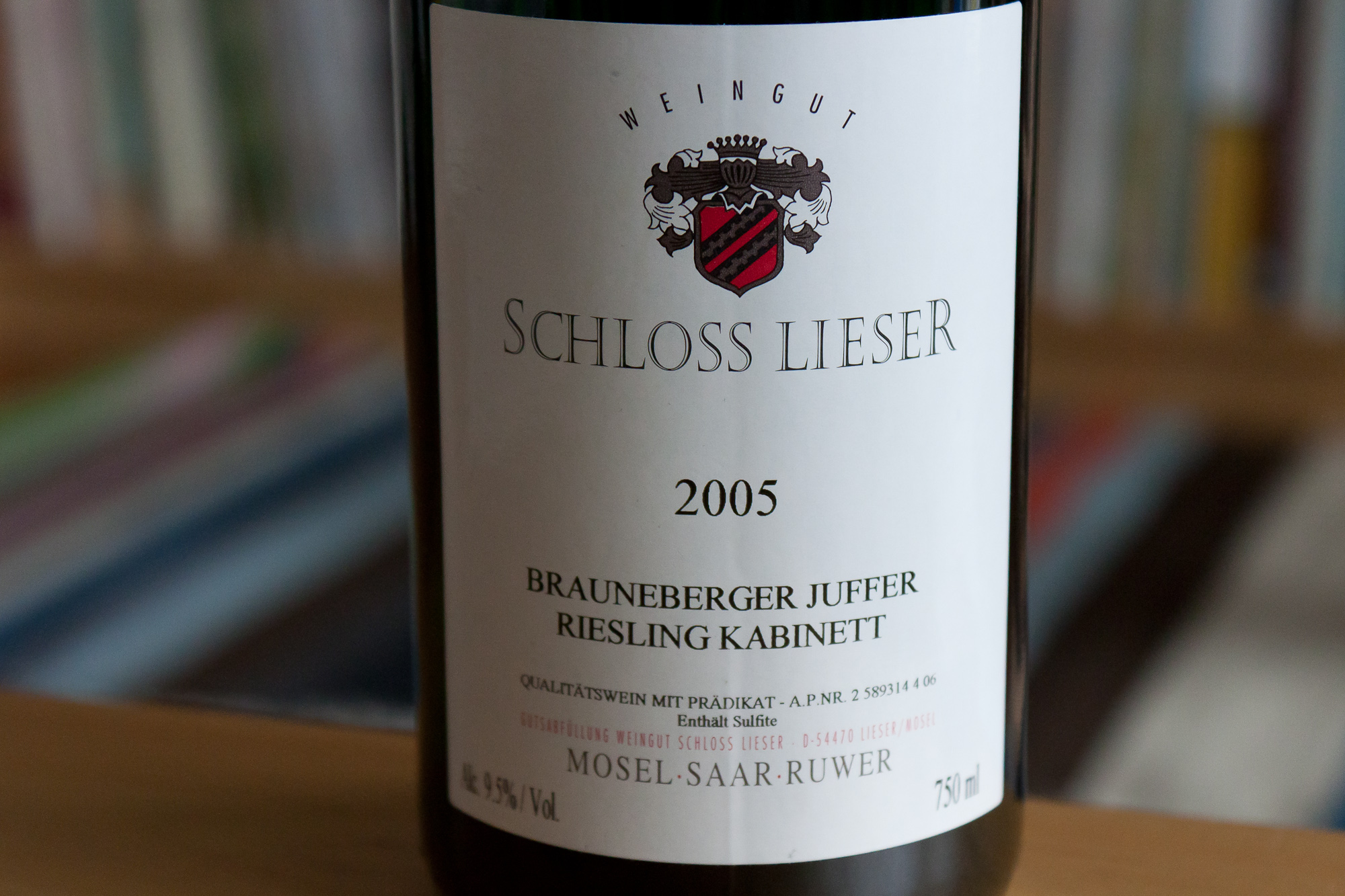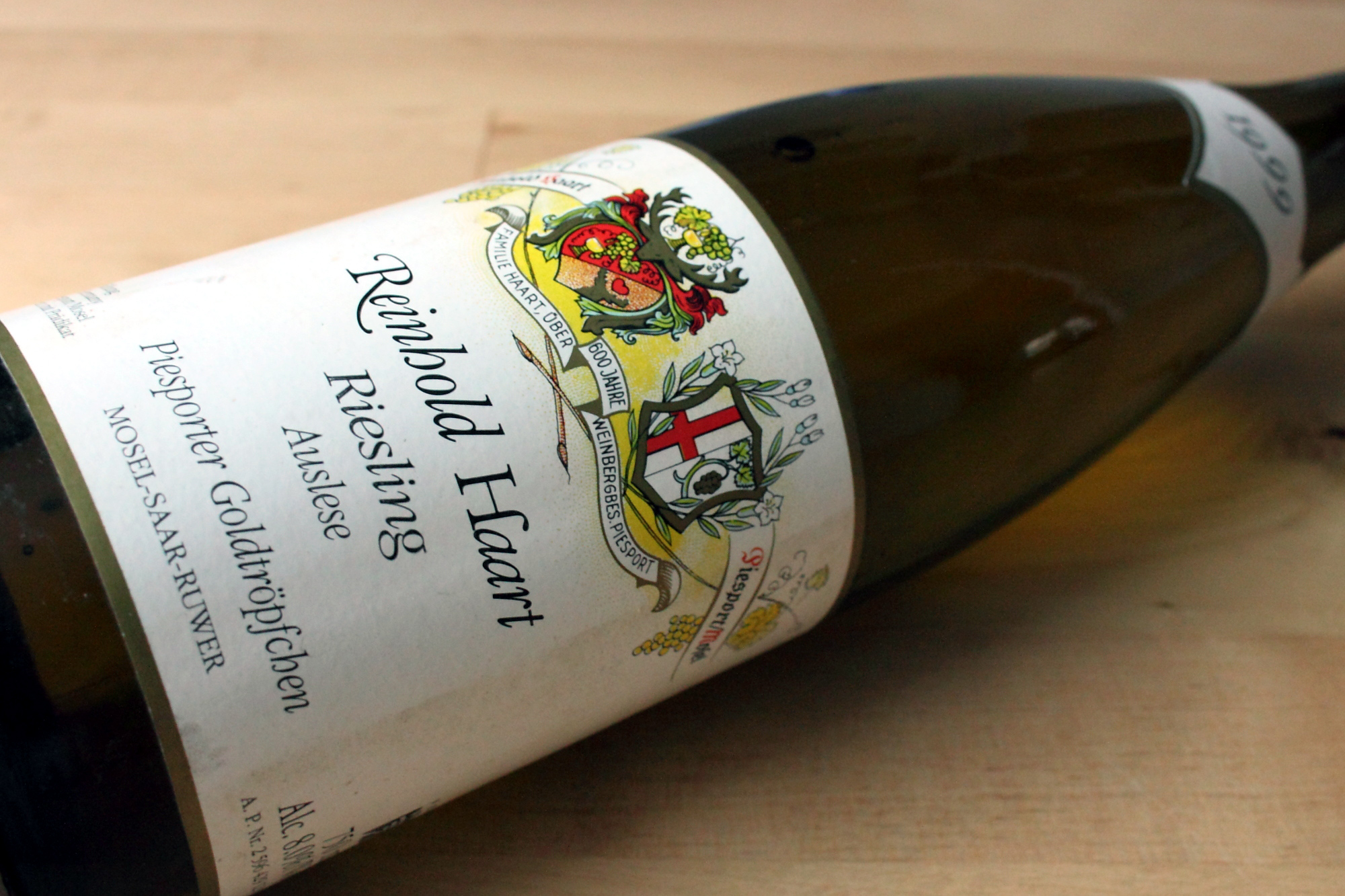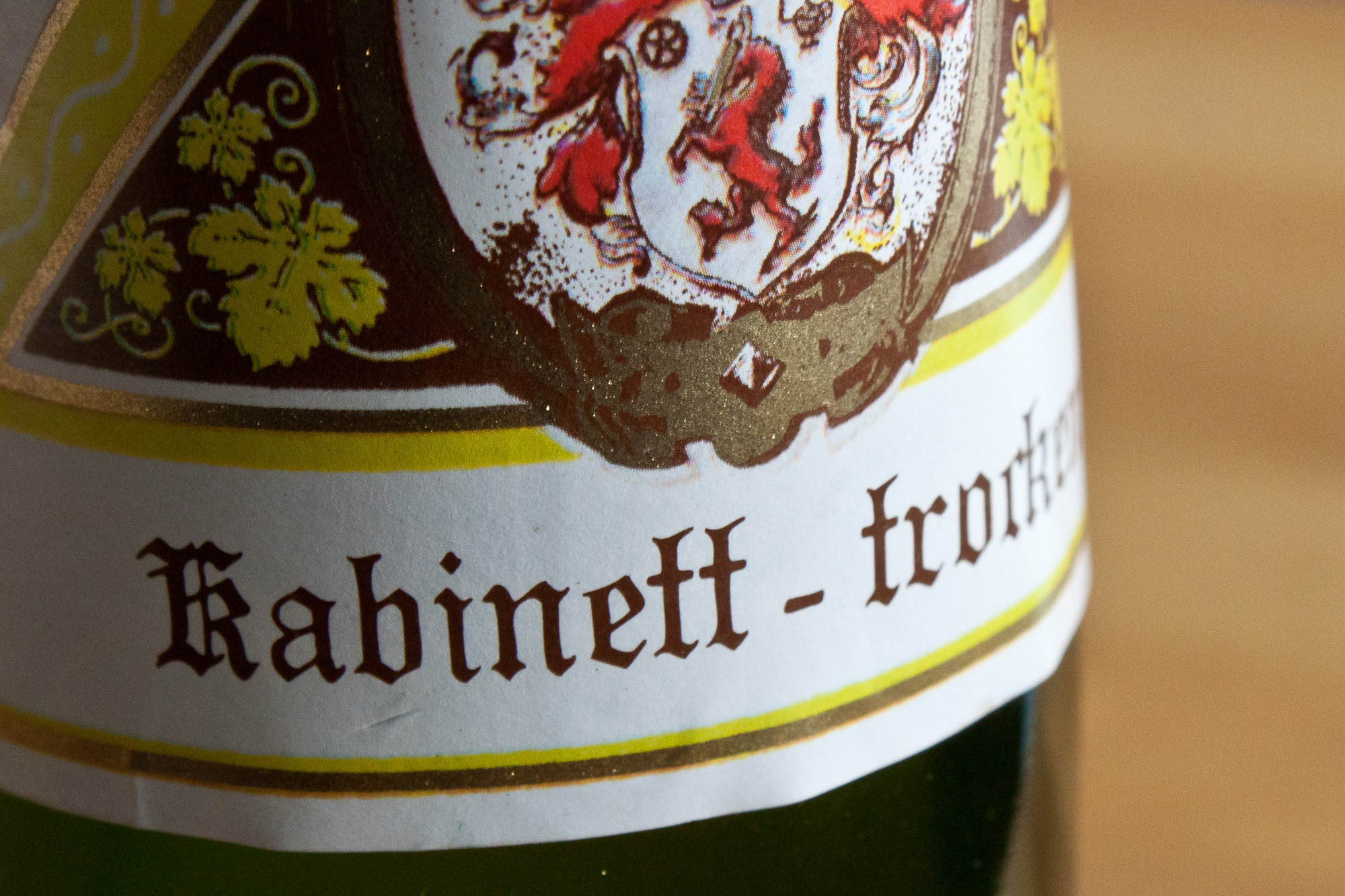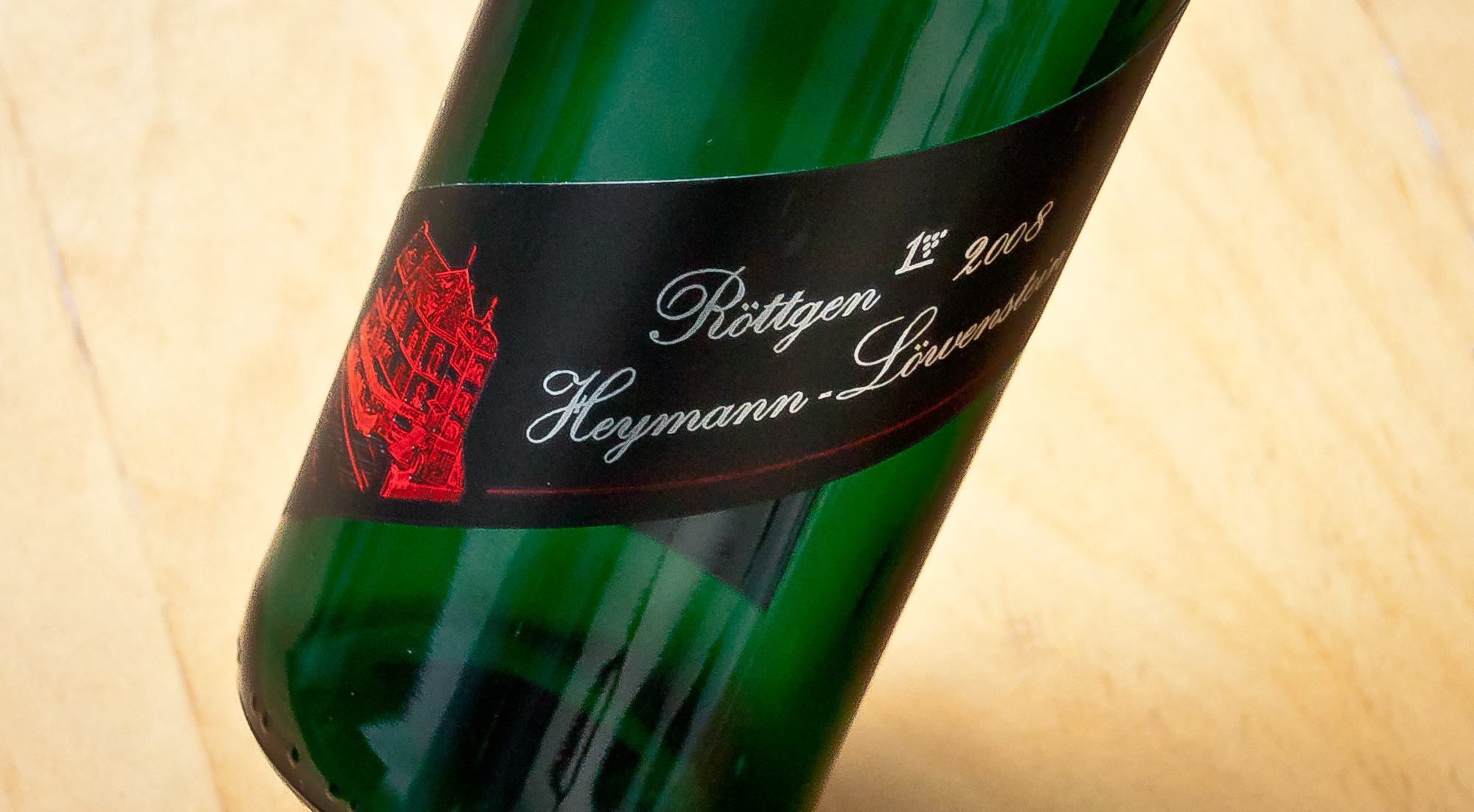Martin Müllen, Kröver Paradies, Riesling Kabinett, 2002
I'm always honoured when people who have stumbled onto this blog contact us for expertise on German wine, even while I find myself guiltily hoping that we are not the only source that they rely on, given the patchiness and dabbling character of this our whole undertaking. But here is a piece of advice that I guarantee you will not regret following: When looking for mature-ish Mosel Riesling in great drinking condition, look no further than the 2002 vintage, underrated in many quarters, but in my humble experience as safe a bet for lively, nuanced wines as you are going to find.
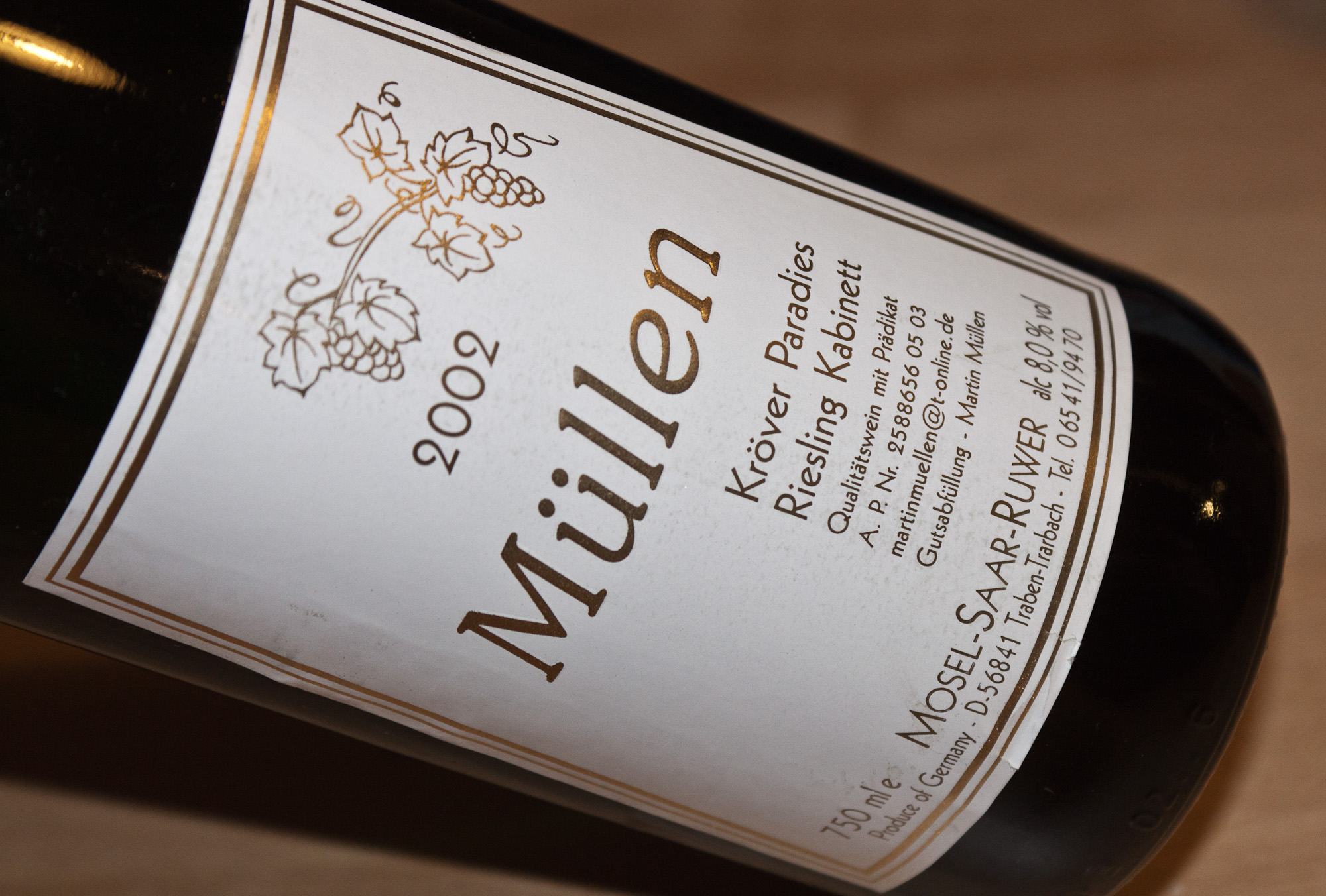
Martin Müllen's 2002 Kabinett from the aptly named Paradies ("paradise") vineyard is a case in point. Over and beyond being a minor classic of the neo-traditional style of Mosel winemaking (whatever the hell that is supposed to be), it also has a long and distinguished history in this Wine Rambler's cellar, being one of the very first wines ordered directly from the producer. And I'm happy to report it has never before tasted this good:

